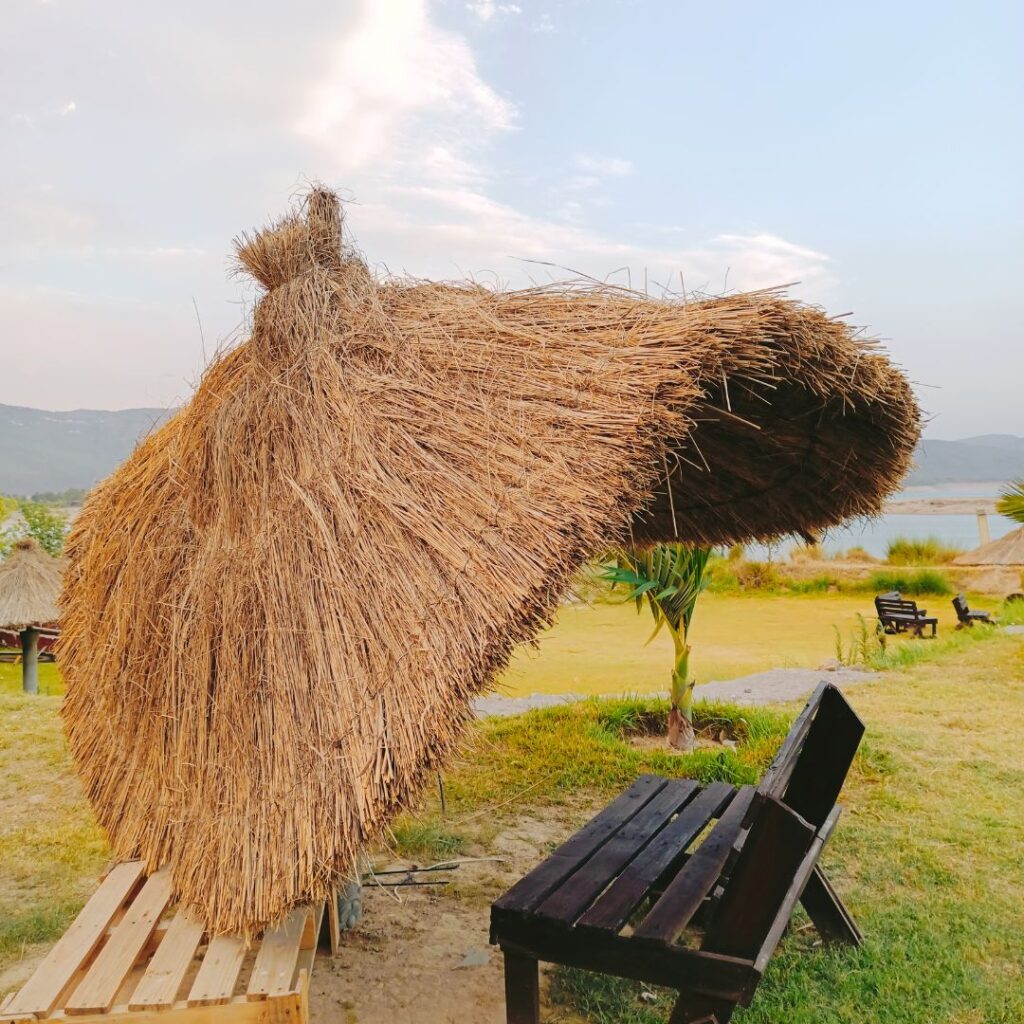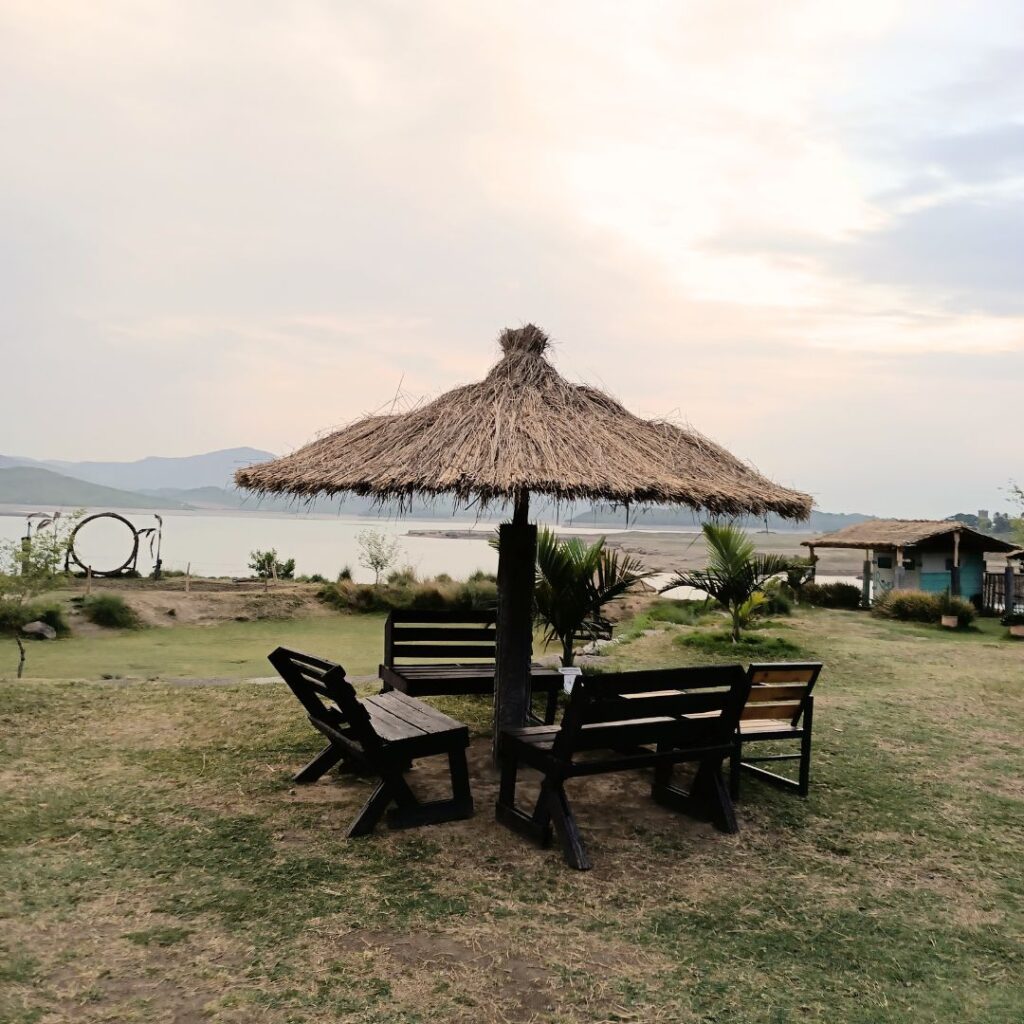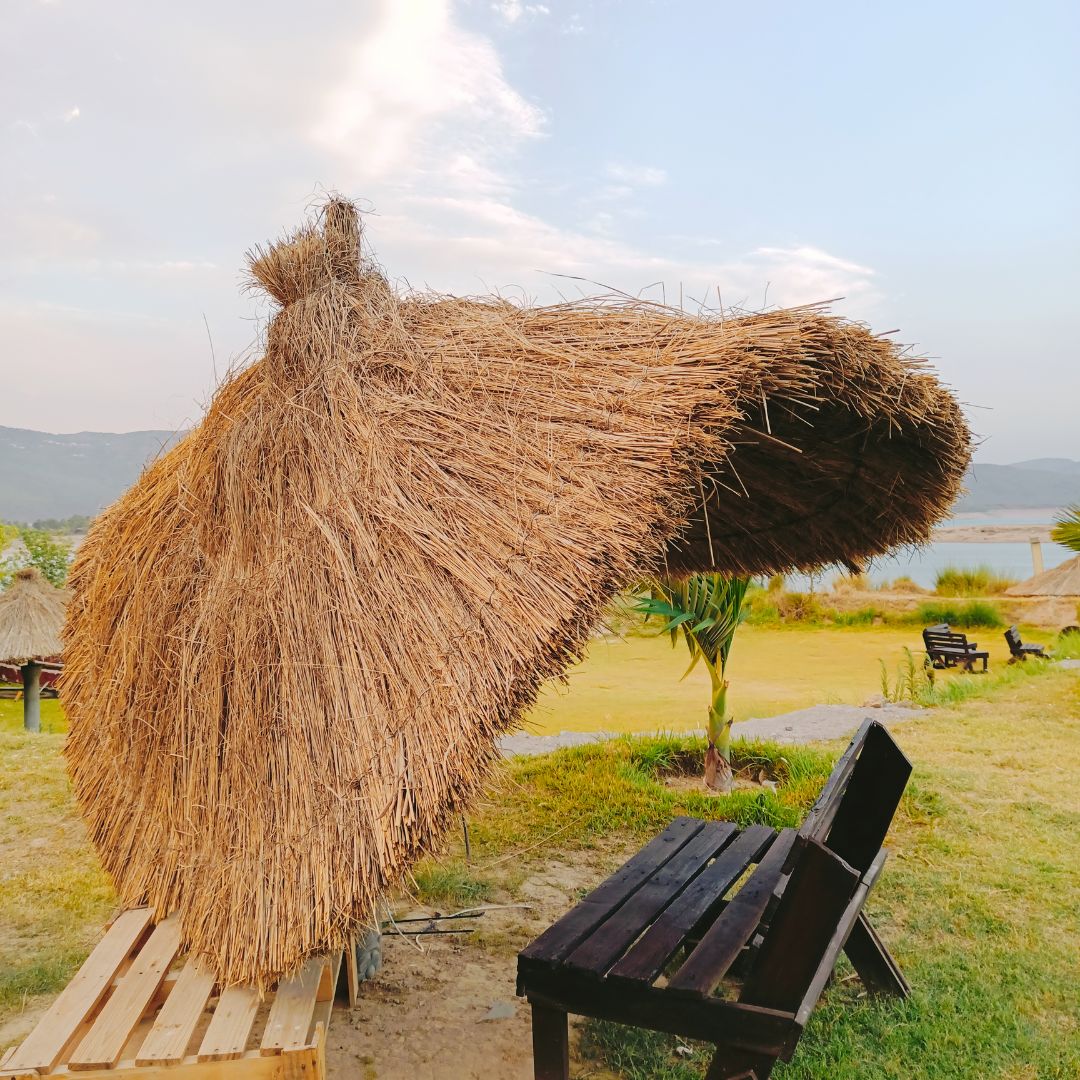Running a resort is a 24/7 commitment, whether it’s during peaceful sunny days or in the aftermath of a storm. Guests come to your resort to relax and enjoy the beauty of the environment, and as resort management, it’s crucial that we ensure their experience remains uninterrupted, even when nature throws its worst at us. After a storm hits, the first priority is to restore the resort to its pristine condition as quickly as possible. Here’s how to tackle this challenge head-on, ensuring your guests continue to enjoy their stay.
Storms come; it’s natural. But let the real storm be within you—a storm of hard work and dedication. Believe me, with God’s help, you will rise stronger after every storm.” – Safdar
Step 1: Assemble and Motivate Your Repair Team
The moment the storm passes, the first thing you need to do is gather your repair and maintenance team. This is not the time for panic; it’s the time for action. As a leader, your role is to motivate your team, reminding them that their efforts are essential in ensuring the guests’ experience remains positive despite the challenges. Once your team is ready, take a comprehensive round of the entire resort, focusing on specific areas that may have been most affected by the storm.
Step 2: Conduct a Detailed Inspection
During your round, assess the damage across the resort. Key areas to inspect include:
- Roofing and Structural Integrity: Look for loose tiles, broken beams, and any signs of structural damage that could pose a safety risk.
- Outdoor Areas: Check the condition of pools, gardens, patios, and walkways. Fallen trees, debris, and damaged outdoor furniture are common issues after a storm.
- Electrical Systems: Ensure that all electrical systems, including lighting and outdoor outlets, are functioning correctly and safely.
- Water Systems: Inspect plumbing, fountains, and water features for leaks or damage.
- Beach and Water Sports Equipment: If your resort includes beach facilities, check for erosion, damaged equipment, or safety hazards.
Make a list of all visible damages and necessary repairs. This list will guide your team’s efforts, helping you prioritize tasks effectively.
Step 3: Immediate Clean-Up and Removal
Before diving into repairs, remove any loose debris, fallen trees, or items that cannot be repaired. These should be promptly moved to a designated area in the resort’s backyard, keeping the main areas clear for guests and safe for your team to work. Clearing the resort of these hazards is an essential first step in restoring normal operations.
Every storm is a test of our strength, but the storm of commitment in our hearts ensures that we will always rebuild and rise again.” – Safdar
Step 4: Prioritize and Divide Repair Tasks
With the debris cleared, it’s time to focus on repairs. Prioritize tasks based on their impact on guest experience and safety. Start with small repairs that can be quickly resolved, such as fixing broken light fixtures, repairing minor roof damage, or tidying up outdoor areas. These quick wins will boost your team’s morale and set the stage for tackling more significant repairs.
Divide your team into groups, assigning specific tasks to each. This division of labor ensures that multiple issues can be addressed simultaneously, speeding up the overall repair process.
Step 5: Ensure Proper Supply of Materials
One of the most common causes of delays in repair work is a lack of materials. Ensure that your team has all the necessary supplies on hand, from roofing materials and tools to replacement parts for damaged equipment. Keeping the work flowing smoothly is critical, and proper resource management is key to achieving this.
Step 6: Keep Your Team Motivated
Today is an extraordinary day. Your team will be working hard, putting in extra effort to restore the resort to its former glory. As their leader, it’s your responsibility to keep their energy levels high. Provide them with refreshments like tea, coffee, or juice to keep them motivated. Remember, your team is your greatest asset, and their hard work will be the reason your resort bounces back quickly.



Personal Experience: Overcoming a Great Storm
During my time managing a resort, I’ve faced several storms, but the worst was a massive storm that struck at night. Within two hours, nearly everything was damaged. I didn’t allow myself to be disheartened. Instead, I gathered my team, motivated them, and we worked through the night. By morning, we were expecting 1,300 guests for day passes, but we ended up serving 1,900 guests with no complaints. The resort’s infrastructure had been rebuilt, and it was all thanks to the extraordinary efforts of my team.
Conclusion
In the aftermath of a storm, resort operations don’t stop; they adapt. By following these steps—inspecting key areas, clearing debris, prioritizing repairs, ensuring material supply, and motivating your team—you can quickly restore your resort and continue providing an excellent experience for your guests. Remember, every challenge is an opportunity to demonstrate the strength and resilience of your team and the resort you’ve built together.





